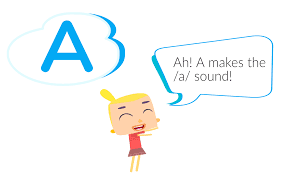On 27.3.2022 I read the following tweet.
Beanie @Beanie0597
“To suggest the best education minds in America cannot figure out how to conquer or at least reduce illiteracy in our nation’s schools is nonsense.”
Beanie had the following link which said:
The failure to meaningfully address
illiteracy in our schools feels intentional. For decades, reading performance
in our public schools has been less than impressive.
This is interesting as I have felt this way for a long time.
It is my opinion that most of the researchers and heads of research
institutions and universities are the puppets of the powers that be. How is it possible for man to be sent to the moon but not able to reduce illiteracy?















